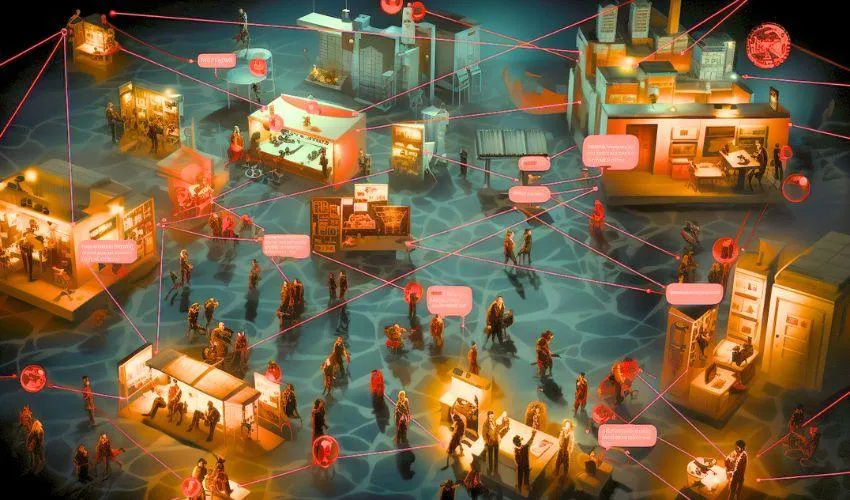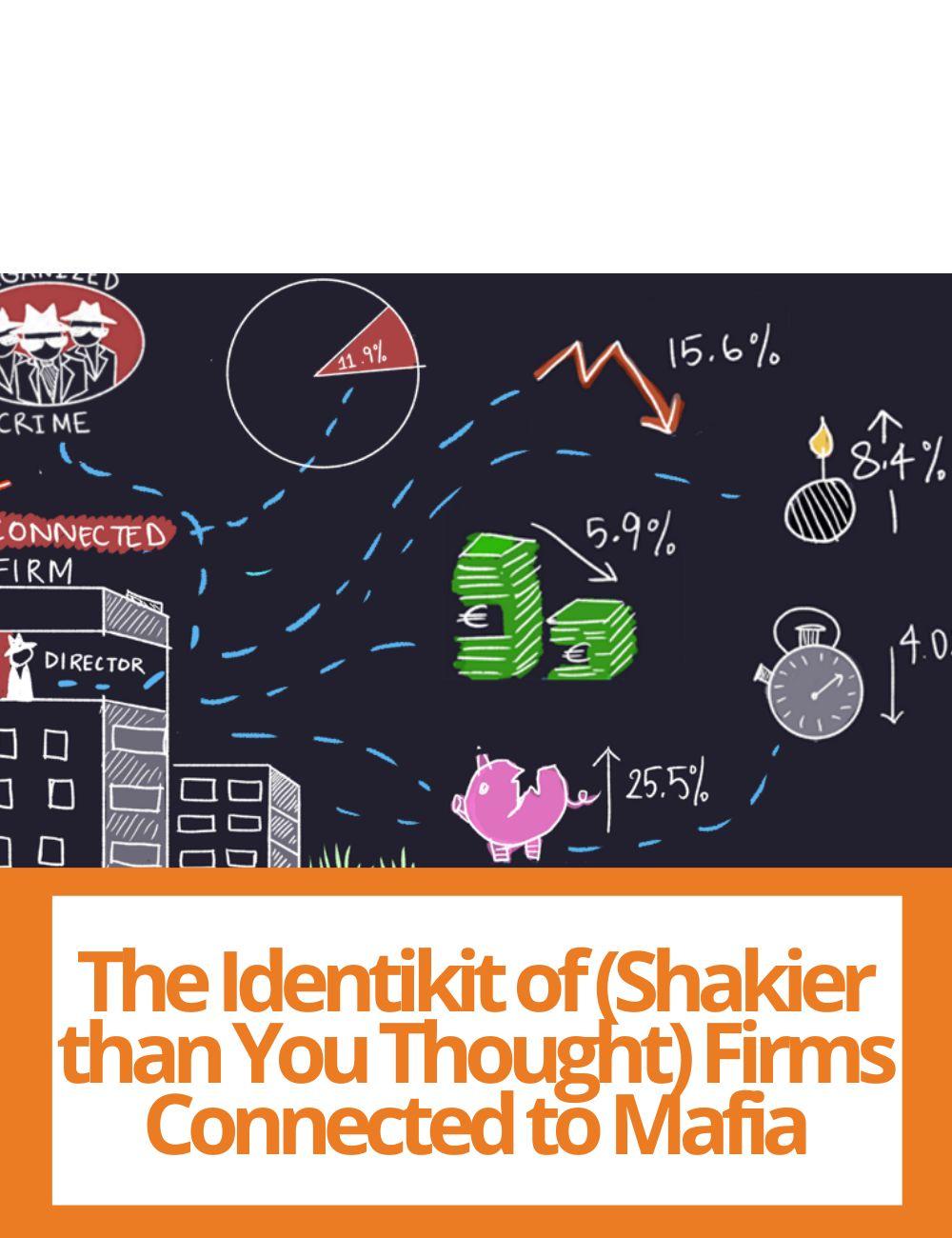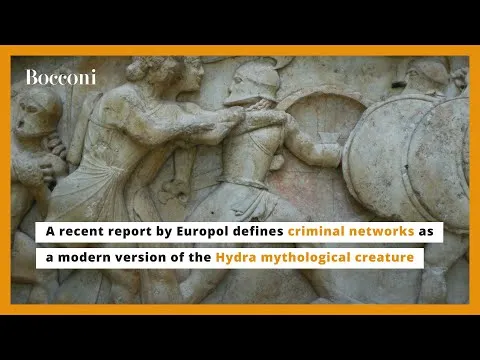
Criminal Networks: Understanding and Combating the Modern Hydras
A recent report by Europol, titled "EU Serious and Organised Crime Threat Assessment," defines criminal networks as the new "Hydras." This reference to Greek mythology is not a coincidence. In fact, as with the Hydra faced by Hercules, the complex network structures generated by criminal organizations possess unique and not fully understood characteristics of fluidity, adaptability, and ability to react effectively to law enforcement operations.
"To monitor and combat such networks, it is crucial to fully comprehend the corresponding architectures and core dynamics. This, in turn, requires an in-depth understanding of the mechanisms through which these complex structures arise, function, and evolve, also in response to law enforcement operations. This is what I aim to accomplish within project NEMESIS (Sociogenesis of criminal networks: reconstruction, discovery and disruption) through the development of cutting-edge statistical models and methods for studying the complex networks of interconnections and interactions among criminals that can be reconstructed from judicial records," explains Daniele Durante, Assistant Professor in the Department of Decision Sciences at Bocconi University.
Project NEMESIS has been awarded an ERC Starting Grant of €1.5 million from the European Research Council. It is one of the 8 ERC Starting Grants won this year by Bocconi scholars, with a total value of €11.94 million.
Durante's project represents an ideal example of Data Science, combining modern theories from Criminology and Social Sciences, rigorous and innovative methodology from Statistics, and efficient computational techniques to address the fundamental challenges in the study of criminal networks. "Despite the long-standing experience I have in the field of Network Science, I found in criminal networks an extremely fascinating challenge. Indeed, criminal networks are different than any network studied in science, since no other network has the objectives, trade-offs and adversarial nature of those generated by criminal organizations. These peculiarities introduce a number of complexities and incomplete areas in the observed connectivity data for which a purely predictive approach based on automated black-box algorithms can only provide a partial answer. Instead, we require interpretable statistical models that are computationally efficient and capable of formally incorporating and inferring generative structures specific to these networks, while accounting for the unique research questions and modern theories provided by Criminology and Social Sciences," comments Durante.
It is precisely this vision that has led Durante to see the current barriers related to incomplete data and complexities in criminal networks as an unexplored resource capable of substantially expanding knowledge and public policies in this field. By recognizing the presence of recurring security structures underlying unobserved connections, and of unexplored evolutionary architectures behind the complex interactions among criminals, NEMESIS aims to revolutionize the study of criminal networks, both quantitatively and qualitatively.



ERC Starting Grants are awarded to talented researchers of any nationality at the beginning of their careers with 2-7 years of experience since completing their Ph.D., a track record of scientific excellence, and a cutting-edge research proposal. For researchers in the later stages of their careers, the ERC offers Consolidator and Advanced Grants.


Unveiling Criminal Networks
